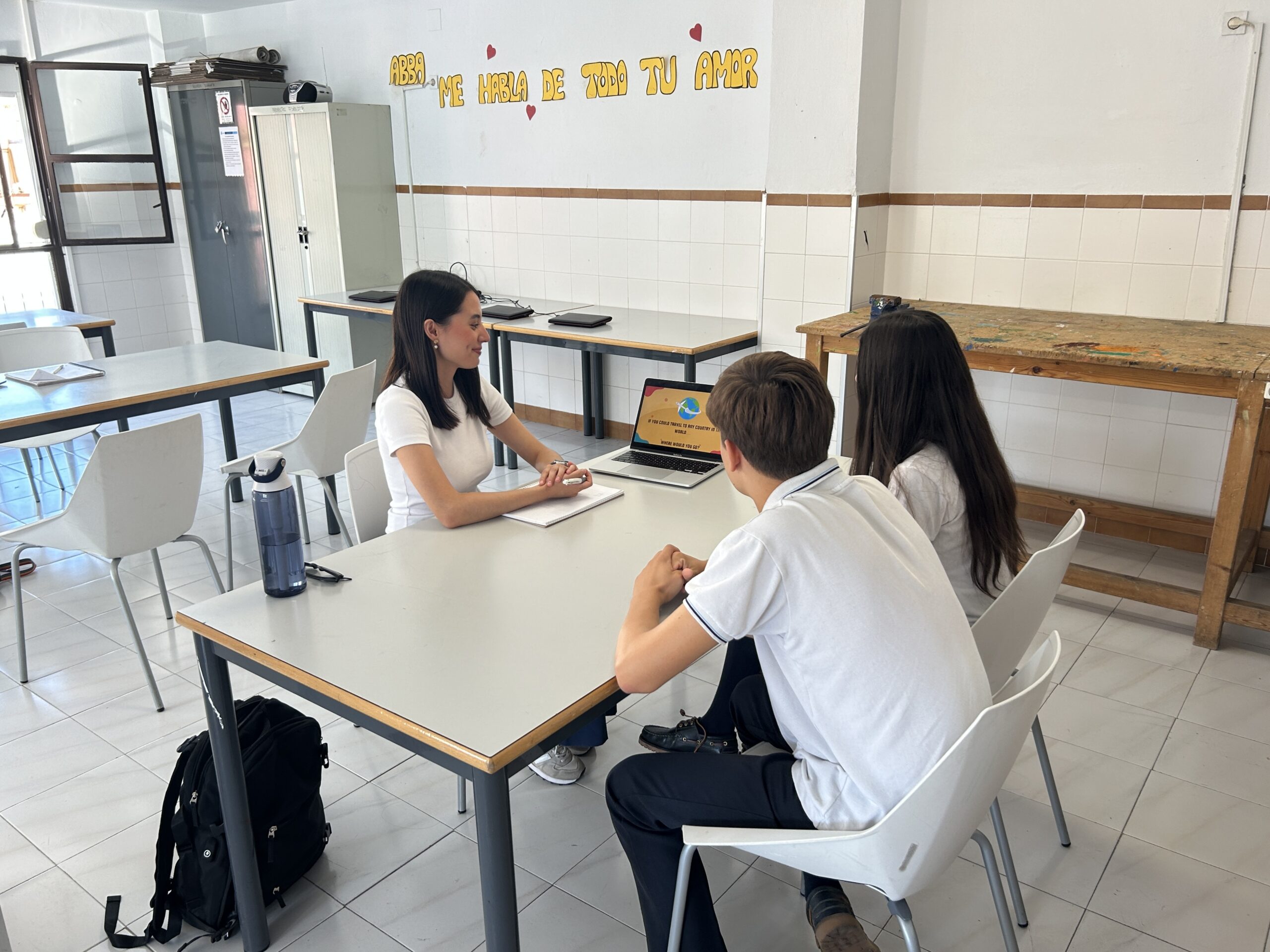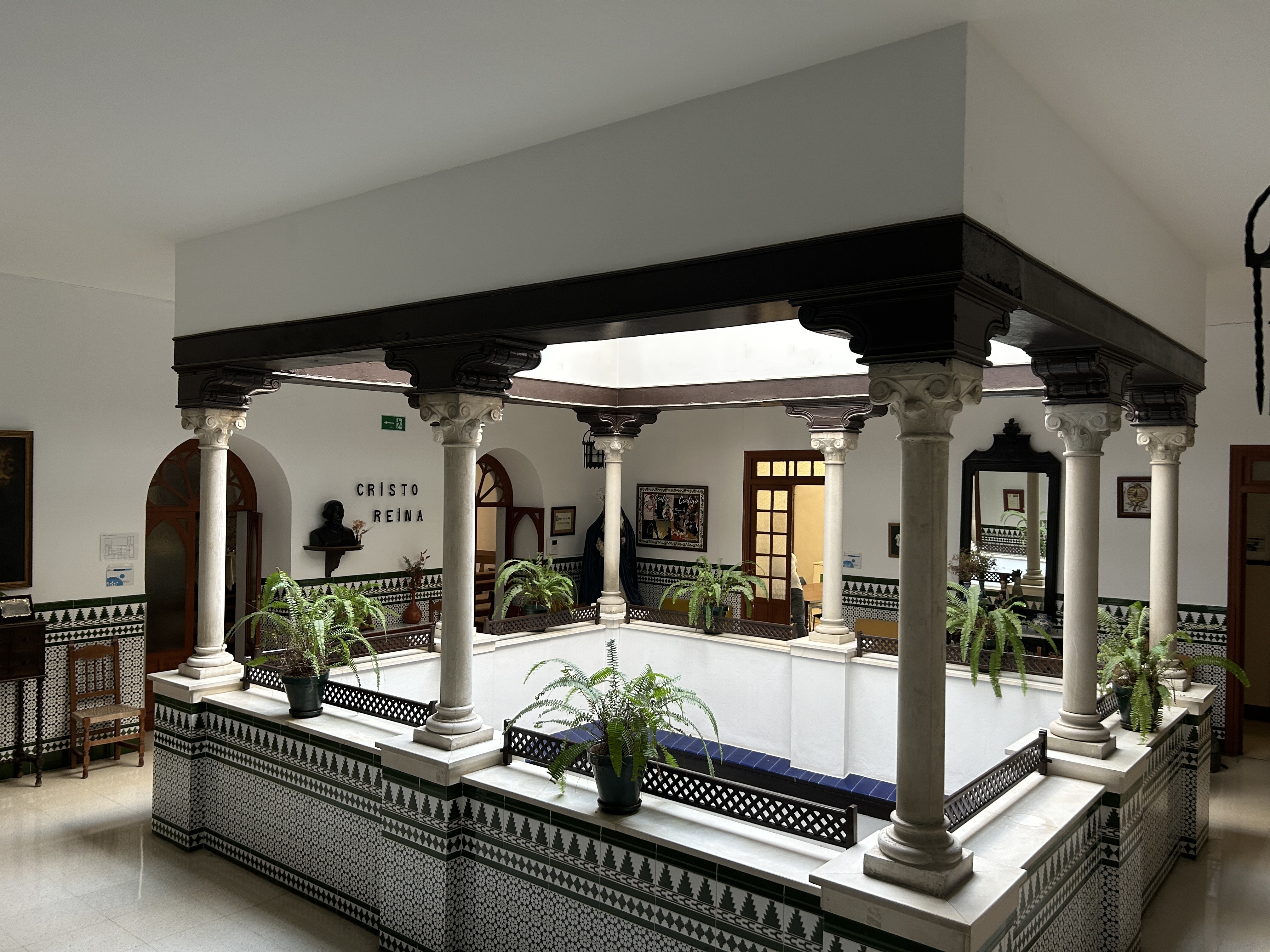
Teaching English in Spain
I am currently pursuing my academic goals abroad in Seville, Spain, enrolled at the esteemed University of Seville. My studies are primarily on philology, and I am currently taking various related courses. One of my current courses, Teaching English to Spanish Students: Methodology and Practice, allows me to teach English weekly at a local school. This experience is truly remarkable, as I can engage with and instruct Spanish students. I am excited about how this experience will contribute to my growth as an educator and help me refine my teaching skills. It will allow me to gain valuable insights into Seville, Spain’s teaching methodologies and practices and apply them to my future teaching philosophy. I am eager to explore and enhance my abilities to educate and inspire my students. I am confident that this experience will play a critical role in shaping my career as an educator.
During my first day of field placement at Colegio Cristo Rey Seville, I had the pleasure of introducing myself to five groups of two members each. The groups consisted of students between the ages of 15 and 17 who were in the final grade of ESO. I began each presentation by sharing my background, interests, and goals for the placement. I also took the opportunity to learn more about the students’ culture and their interests. I was impressed by their enthusiasm and engagement during the presentations. They asked thoughtful questions and shared their own experiences with me. The groups consisted of male and female students with varying levels of B1 English proficiency. It was great to see the more proficient students in English helping their partners with translations. Overall, it was a great experience, and I look forward to continuing to work with these students throughout my 10-week placement. Based on my interactions, we can form a solid and productive relationship. I am excited to see what the rest of the placement has in store and eager to continue learning from the students and the Colegio Cristo Rey Seville staff.
When I first moved to the United States four years ago, I was an English learner, and I continue to learn English every day. However, I never imagined that I would be studying abroad and teaching a foreign language. I take great pride in my progress and enjoy helping students by sharing resources to improve their English skills. In addition, it is a mutual learning experience; students learn more about American and Mexican culture, and I understand Spanish food, customs, and traditions. For example, Students had the opportunity to learn about the Day of the Dead celebration in Mexico, which helped to expand their cultural awareness and understanding. This type of mutual learning is precious, as it allows students and teachers to broaden their perspectives and gain new knowledge. Additionally, the lesson allowed students to draw connections between different cultures, such as by comparing the Day of the Dead to All Saint’s Day in Spain, which can help foster a deeper appreciation of cultural diversity.

